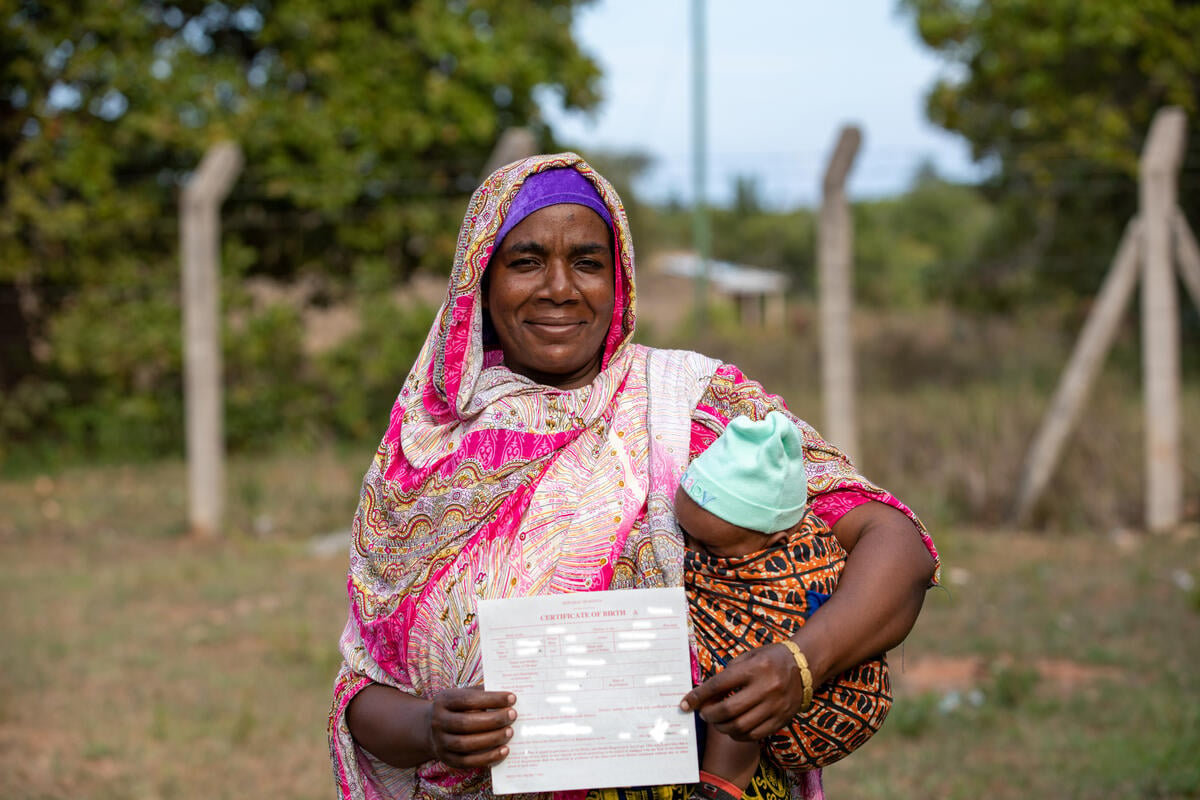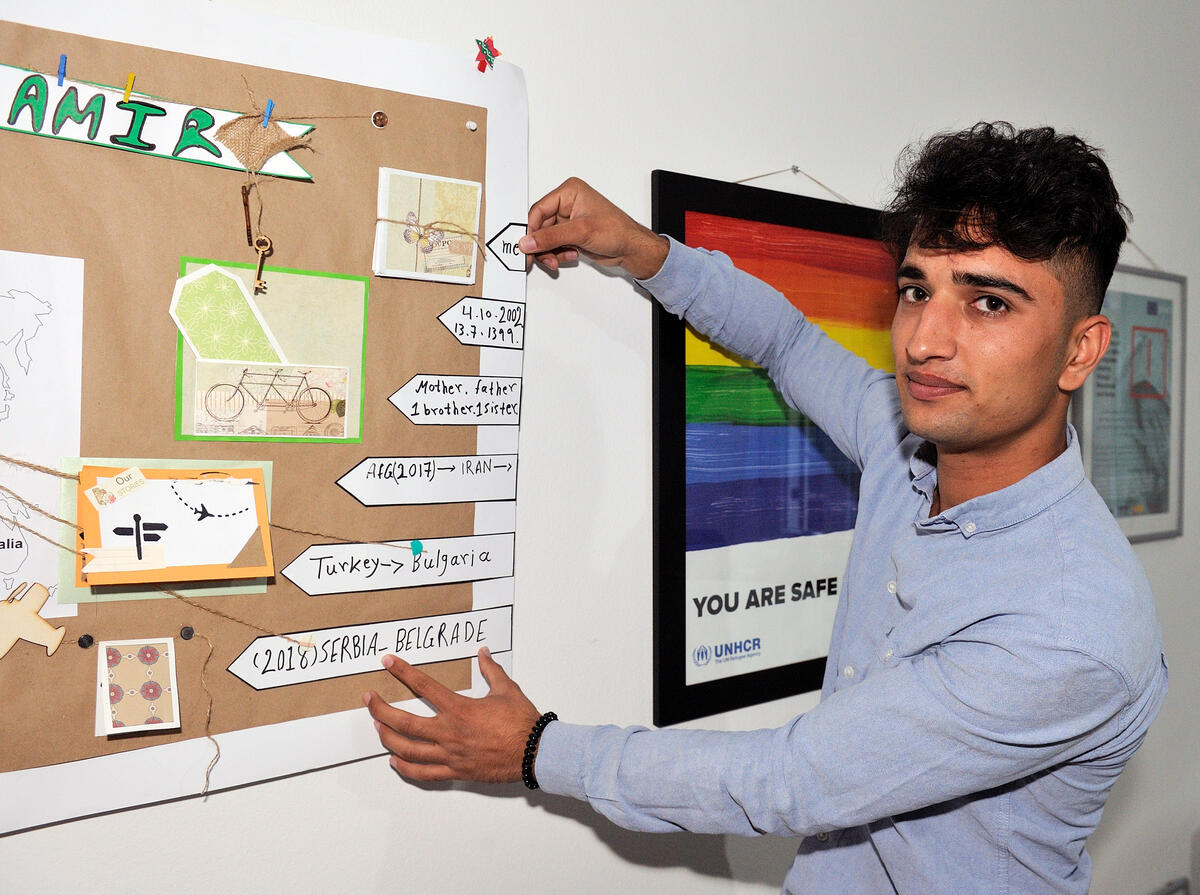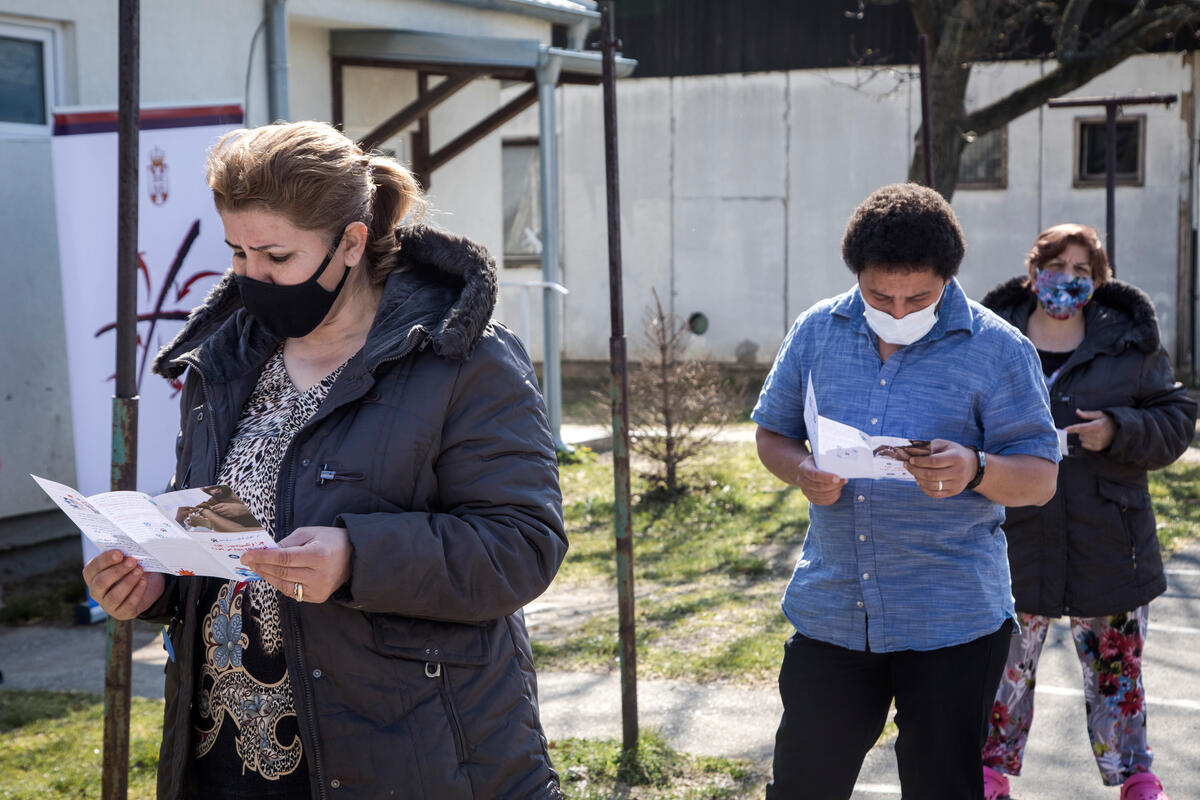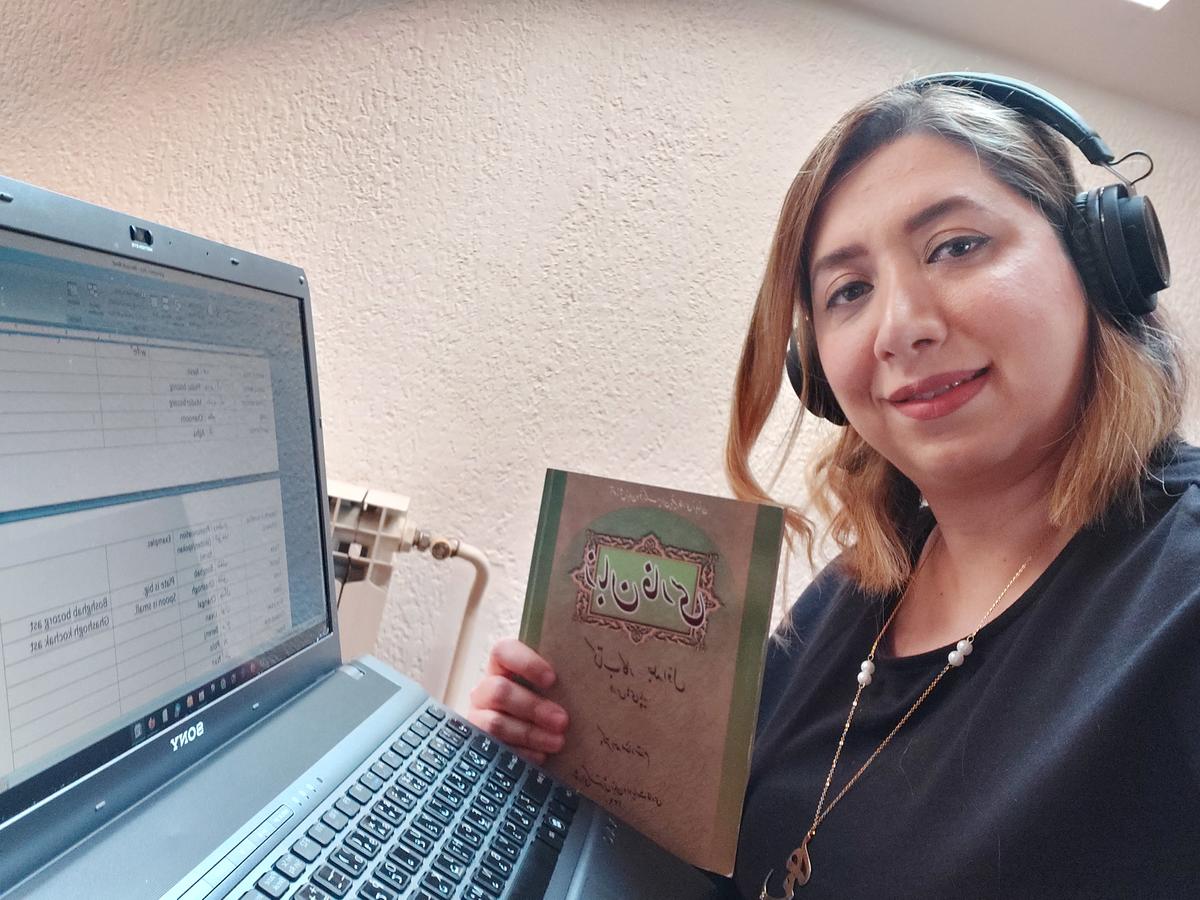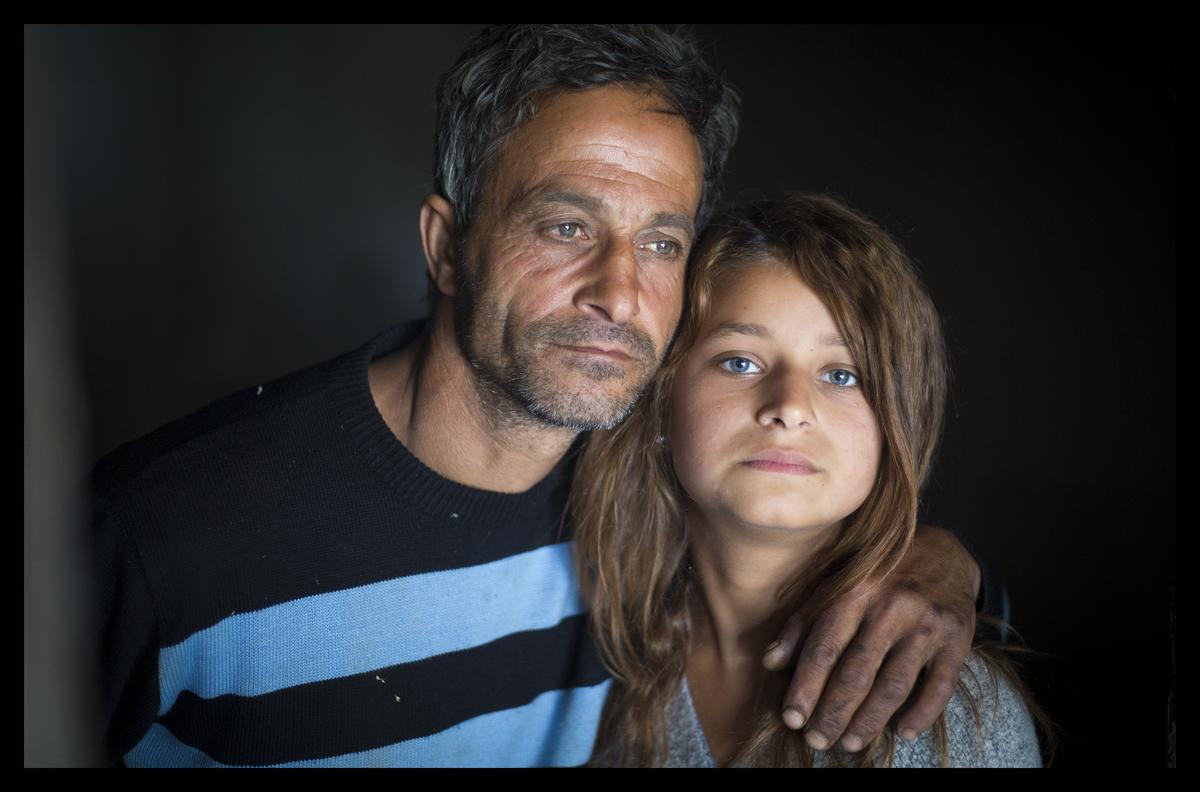Kosovo Crisis Update
Kosovo Crisis Update
Albania
An estimated 450 Kosovars arrived at the Morini border crossing on Wednesday, including 200 men freed from a Kosovo prison. The arrivals said there were more refugees in three to four tractor-wagons which had been stopped by police along the route to the Albanian border. It was not known what happened to them.
The area in the Morini crossing was relatively quiet, unlike in the previous days when bombs and rockets strayed as Serbian troops battled the Kosovo Liberation Army along the border.
The refugees said police came to their village earlier in the day, firing guns and prompting them to flee. They said police separated out 15 men from the convoys of people leaving the village.
In recent days more than 2,000 detainees have been freed from the Smrekovnica prison in the northern Kosovo town of Kosovska Mitrovica.
Meanwhile, UNHCR has signed agreements with 14 non-governmental organizations to carry out programmes in the shelter, water and sanitation sectors. These programmes include the construction of tented camps, the rehabilitation of public buildings for collective accommodation and camp management.
Work on two thirds of the 29 new camp sites and collective centres has been completed. These places can hold up to 78,000 refugees, but are now occupied by 15,000 people.
The U.S. government has announced it will support the construction of another camp called Liberty in Fier, which will shelter 10,000 refugees.
The Czech government has handed over to UNHCR Rushkull II camp, which can hold 1,000 refugees. In Korce, the NATO French contingent continues with work at the former fish factory camp for 5,000 refugees. The British military also has started to construct the Dersnik I camp in Korce for an estimated 4,000 refugees.
As summer approaches, UNHCR is improving water supplies to refugees and locals. In Durres, water purifying plants are providing water to 10,000 refugees at the three Hamallaj camps. Water is also tapped and tankered from the public treatment plant to augment the output and supply the two Rashkull camps occupied by 3,000 refugees. In Kukes, UNHCR is attempting to address the problem of shortages among both refugees and locals by treating lake water.
FYR of Macedonia
A total of 528 refugees crossed into the FYR of Macedonia on Wednesday - 320 at Tabanovce, 169 through the mountains at Jazince, 22 at Blace and 17 at Lojane.
The people who slipped into Jazince were mostly young men from Suva Reka in central Kosovo. They were intercepted by the Macedonian army and escorted to Neprosteno camp. The arrivals at Tabanovce came by bus from Pristina, Gnjilane and Kosovska Kamenica.
Of the 22 who entered through the main border crossing at Blace, 17 had passports but five others did not have papers. Some of the arrivals there said they had been hiding for a month after they were expelled from their homes by police.
Arrivals in the FYR of Macedonia have fallen dramatically after Serb authorities reportedly decided last week to allow only people with papers to leave. Just before that, 30,000 people were expelled to the FYR of Macedonia over a one-week period.
Republic of Montenegro
Around 500 refugees arrived on Tuesday in Montenegro. An average of almost 500 refugees have been arriving daily in Montenegro since the Serbian authorities last week clamped down on departures of people without papers.
In the meantime, UNHCR continues its programme to move arrivals at the border town of Rozaje to Ulcinj because of increased military activity along the border. On Wednesday, UNHCR transported 148 Kosovars who arrived in Rozaje two days ago.
UNHCR-IOM Humanitarian Evacuation Programme
Departures under the humanitarian evacuation programme of UNHCR and the International Organization for Migration on Wednesday totalled 1,217, bringing the overall count to 75,231. Destinations were Austria, Denmark, France, Germany, the Netherlands, Spain, Sweden and the United Kingdom.
UNHCR has received offers for 137,000 places 14 countries under the programme.

